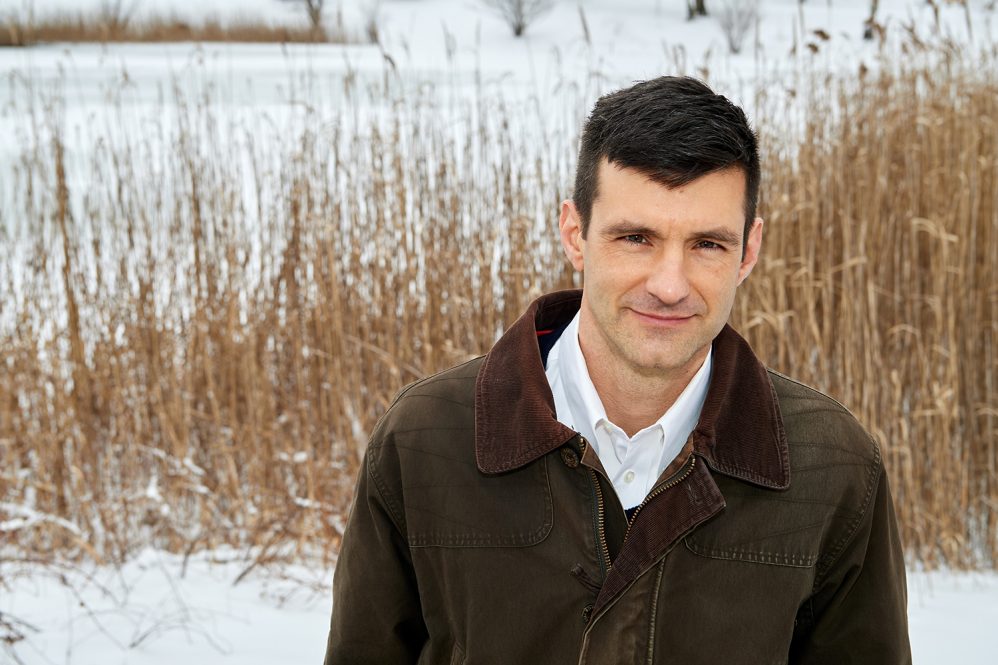Professor Mark Urban, whose work on ecological communities and climate change has broadly influenced the scientific community, has been named the first Arden Chair of Ecology and Evolutionary Biology.
The position is one of two endowed chairs established in 2020 with a $3 million anonymous gift to the Department of Ecology and Evolutionary Biology in the College of Liberal Arts and Sciences.
Along with the Rosalind Chair, the position honors scientists who have made a substantive impact on studies of biological diversity.
Urban says that the gift supporting the two new Chairs attests to the innovative research that the Department of Ecology and Evolutionary Biology is pursuing at the intersection of the environment, genes, and the diversity of life.
“I am truly honored and humbled by being named the Arden Chair of ecology and evolutionary biology,” he says. “As its first recipient, I look forward to advancing high-risk, high-reward avenues of research that enhance collaborations within the University.”
Urban has been at UConn since 2008 and has rapidly expanded his work on predator-prey impacts on evolution at small scales to include broad studies on species interactions across natural communities.
His work has advocated for the inclusion of ecological and evolutionary data, such as information about species interactions and dispersal, in climate change models, to more accurately predict the impact of climate change on long-term species survival.
His collaborative studies have also shown that one in six species on Earth will be extinct by the year 2100, and his 2020 editorial in Science magazine calls on scientists to help protect the world against even more rapid extinctions by urging political action to preserve the Arctic.
Recently, Urban was named one of the most highly-cited researchers worldwide by Clarivate and the Web of Science index. The list includes researchers who published studies ranking in the top one percent by citations for their field and year of publication.
Learn more about Urban’s work on his website.



